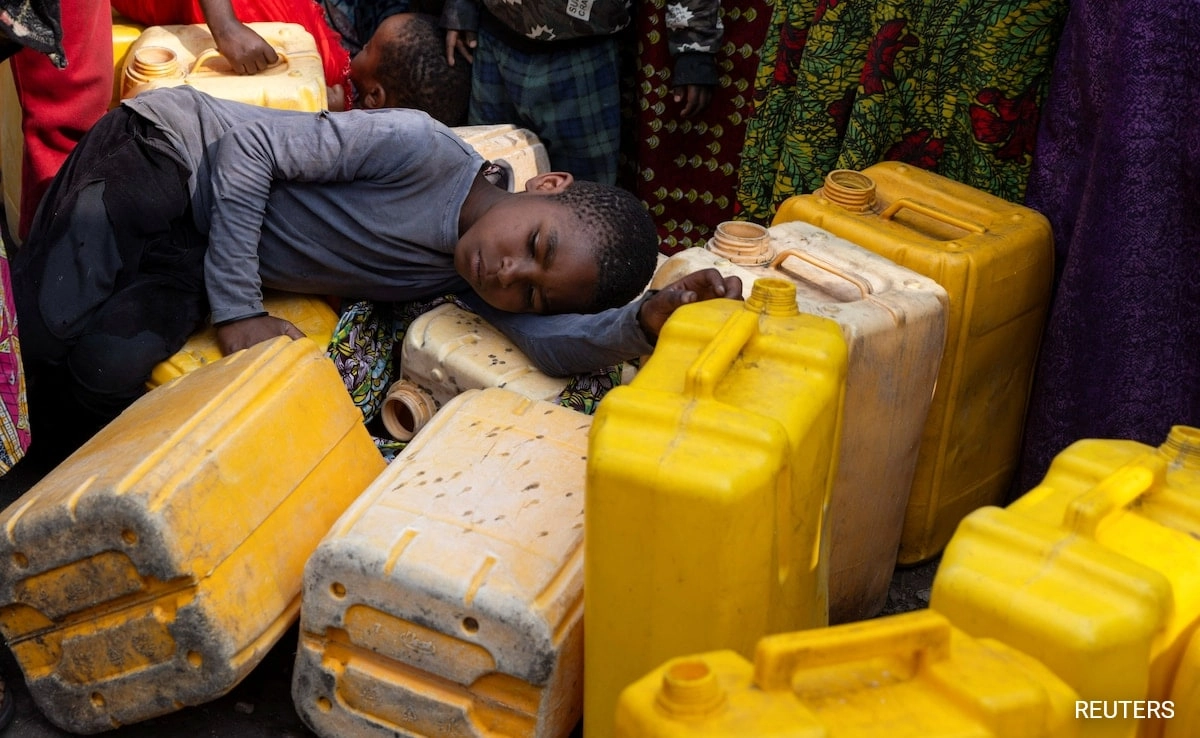The recent funding cuts initiated by the Trump administration have significant implications for water projects around the globe, placing millions of lives at risk. These cuts particularly impact efforts aimed at improving water access, sanitation, and hygiene in underdeveloped and developing nations. With clean water being a fundamental requirement for health, agriculture, and economic stability, the reduction in financial support jeopardizes initiatives that are crucial for combating water scarcity and related health issues. Many communities that rely on international aid for water infrastructure are now facing uncertainty about the future of their access to safe drinking water.
Water-related projects funded by the U.S. government have historically played an essential role in global efforts to reduce poverty and improve public health. With the withdrawal of funding, various organizations that depend on these resources are struggling to maintain ongoing projects or initiate new ones. This stagnation could lead to dire consequences, including the resurgence of waterborne diseases and increased mortality rates, particularly in vulnerable populations. Moreover, the fallout from these cuts may exacerbate existing inequalities, as those in impoverished regions are disproportionately affected by the lack of investment in essential services.
The implications of stalled water projects extend beyond immediate health concerns; they also threaten economic development and stability in various regions. Access to reliable water sources is crucial for agricultural productivity, which many communities depend on for their livelihoods. Without adequate support for water projects, food security becomes increasingly precarious, leading to a cycle of poverty that is difficult to escape. As the world grapples with climate change and its impact on water resources, the need for investment in sustainable water management practices is more urgent than ever.
In light of these challenges, advocates are calling for renewed commitment and funding to restore support for global water initiatives. The international community must recognize that water security is intrinsically linked to health, economic stability, and social equity. By prioritizing investment in water projects, not only can we safeguard millions from preventable diseases, but we can also pave the way for sustainable development and resilience in the face of growing environmental challenges. The stakes are high, and the need for action is immediate, as the effects of these funding cuts are already being felt across the globe.




